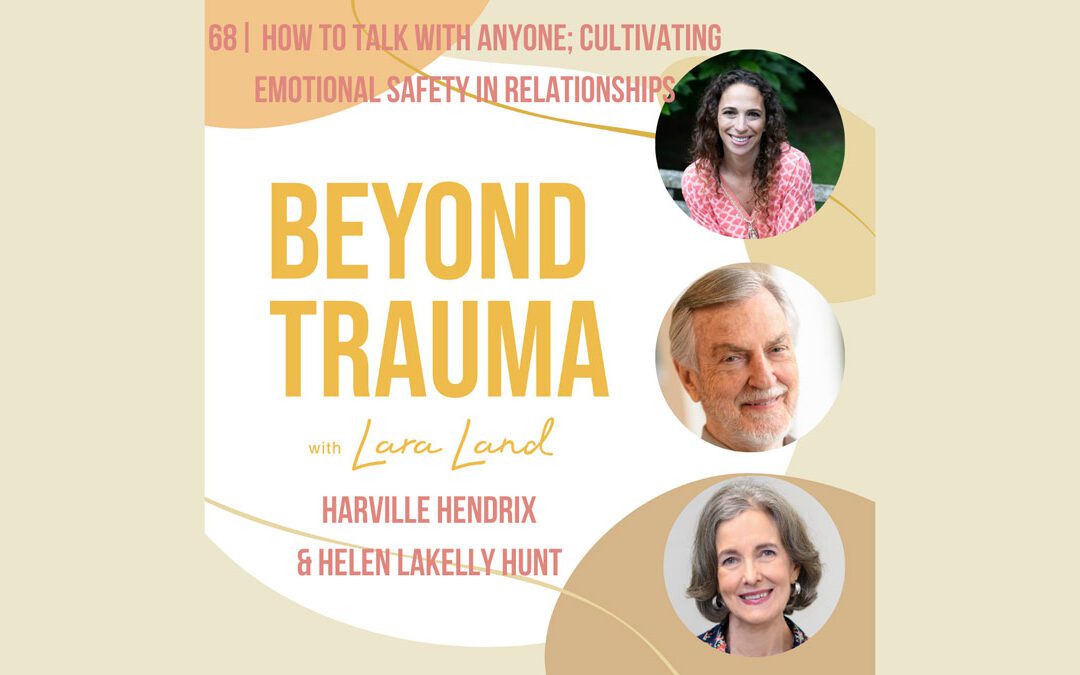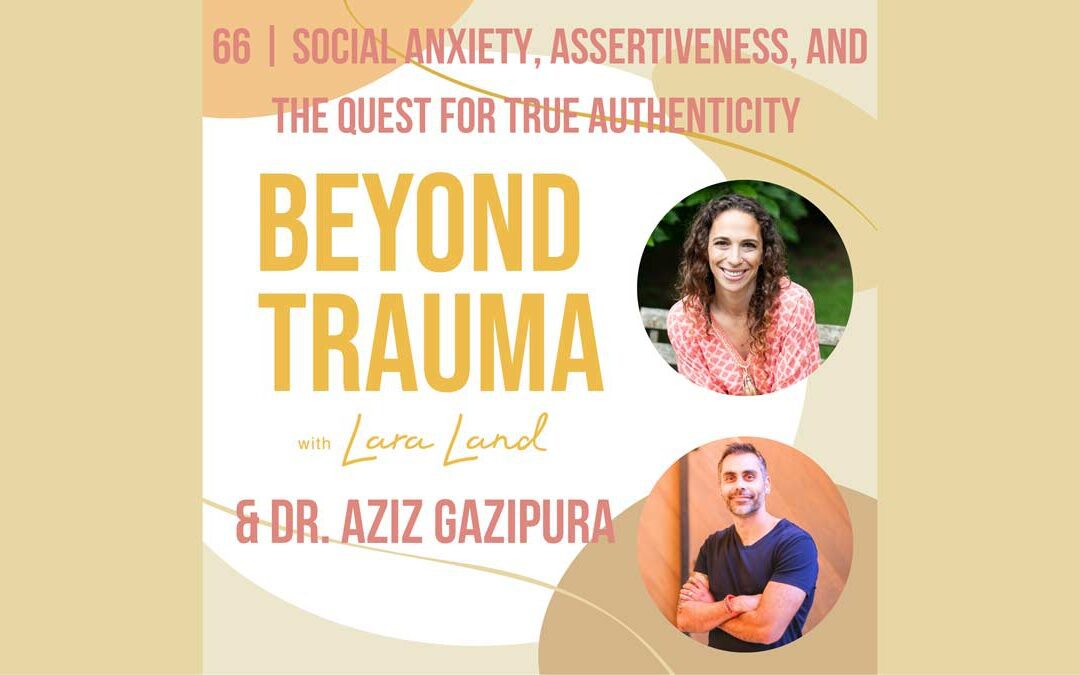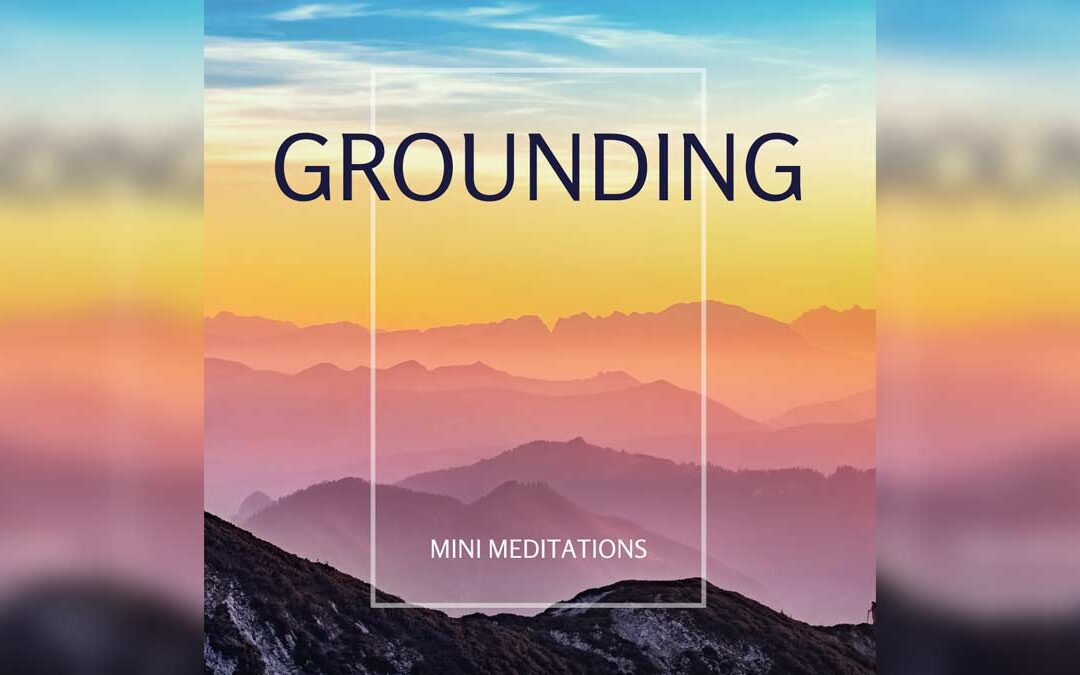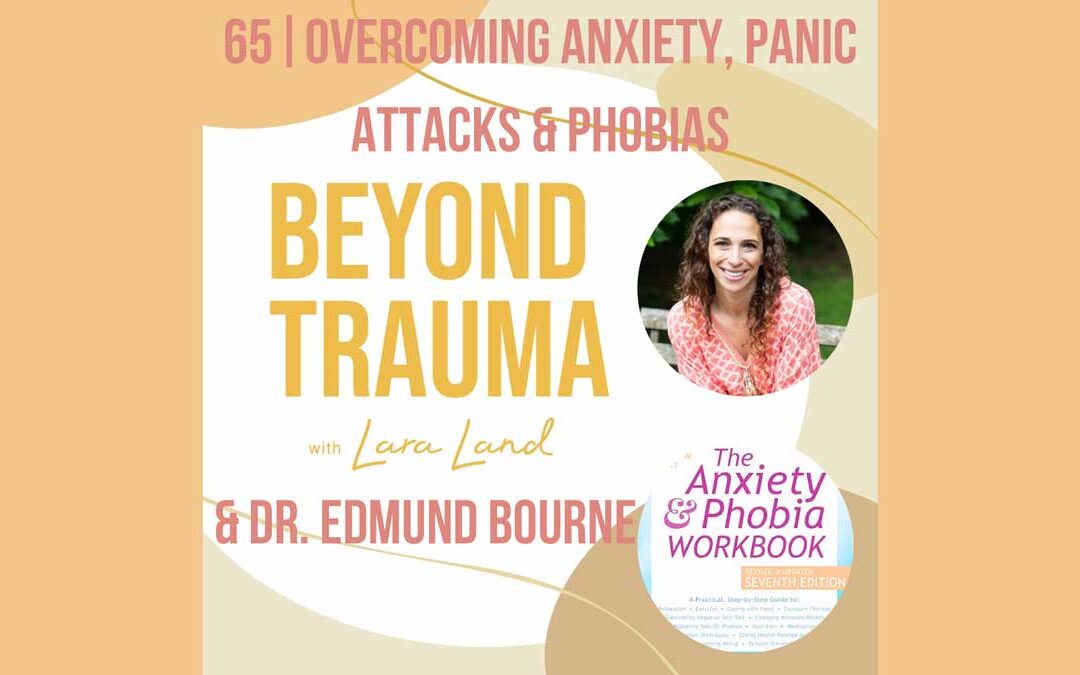Dr. Aziz Gazipura is a psychologist, author, and renowned social confidence coach who has helped thousands of people overcome social anxiety and discover their true, authentic selves.
His work is rooted in the belief that everyone has the potential to live a life of confidence, free from the shackles of fear, anxiety, and self-doubt. Through his books, programs, and podcast, Dr. Aziz focuses on empowering individuals to connect more deeply with themselves, embrace vulnerability, and cultivate lasting self-confidence.
From Social Anxiety to Authenticity
Social anxiety is a pervasive issue that affects many people, causing them to feel self-conscious, insecure, or fearful in social situations. Dr. Aziz experienced this firsthand, and his personal journey of overcoming social anxiety fuels much of his work. He understands how debilitating it can be to feel constantly judged or afraid of making mistakes in social interactions. However, instead of merely offering quick fixes, he focuses on deeper psychological transformations, guiding people to explore the roots of their anxiety.
Through his practice, Dr. Aziz helps individuals confront their fears, challenge negative beliefs about themselves, and reframe their approach to social situations. His methods go beyond typical surface-level strategies and delve into fostering a sense of worth and connection that encourages authenticity.
The Power of Vulnerability and Courage
One of Dr. Aziz’s core philosophies is embracing vulnerability as a path to growth. Often, people who struggle with social anxiety fear rejection or judgment, leading them to adopt inauthentic personas to fit in or avoid discomfort. However, this only perpetuates their anxiety. Dr. Aziz teaches that true courage comes from allowing oneself to be seen for who they truly are—imperfections and all.
By fostering self-compassion and encouraging individuals to step outside of their comfort zones, he guides them to experience genuine confidence rather than false bravado. Dr. Aziz emphasizes that confidence is not about eliminating fear but about moving forward in spite of it, creating opportunities for personal growth, connection, and success.
Practical Tools and Strategies
Dr. Aziz’s work isn’t just theoretical; he provides concrete tools and exercises that people can use to manage social anxiety and build confidence in their everyday lives. He offers various online programs, including his flagship Confidence University and The Social Mastery Course, where participants learn techniques to reduce anxiety, practice assertiveness, and develop a more positive self-image.
He also encourages practical challenges, such as exposure therapy exercises, where clients progressively face uncomfortable situations in a controlled manner. These experiences help individuals become more comfortable with discomfort, breaking down the patterns of avoidance that often sustain social anxiety.
Books, Podcasts, and Media
Dr. Aziz is also the author of several best-selling books, such as “The Art of Extraordinary Confidence” and “Not Nice: Stop People Pleasing, Staying Silent, and Feeling Guilty”. These books dive into the psychology of why people hold back their true selves and offer strategies to break free from limiting behaviors like people-pleasing, fear of conflict, and excessive self-criticism.
Additionally, Dr. Aziz hosts the Shrink for the Shy Guy podcast, where he regularly shares insights on overcoming social fears, setting boundaries, and living authentically. The podcast serves as an accessible platform for people looking for ongoing guidance and inspiration on their journey toward self-confidence.
Embracing Authenticity
At the heart of Dr. Aziz’s work is the belief that authenticity is the foundation of real confidence. Social anxiety often arises when individuals are out of alignment with their true selves—when they are trying to be someone they’re not in order to fit in or avoid rejection. Dr. Aziz teaches that embracing your authentic self is the key to building lasting confidence. This authenticity allows for deeper, more meaningful relationships and a sense of purpose in life.
Whether it’s speaking up in a meeting, starting a conversation with a stranger, or setting boundaries in a relationship, Dr. Aziz helps people take those small but significant steps toward becoming the most confident and authentic version of themselves.
Final Thoughts
Dr. Aziz’s work has had a profound impact on individuals seeking to break free from the constraints of social anxiety and live life more fully. By encouraging vulnerability, courage, and authenticity, he helps people develop the confidence to not just survive but thrive in social situations. His approach is compassionate, practical, and deeply transformative, offering lasting tools for anyone looking to overcome social fears and discover the power of their true self.
Tune into this week’s episode of the Beyond Trauma Podcast to learn about Dr. Aziz and his tips on becoming more confident in being you!






Recent Comments